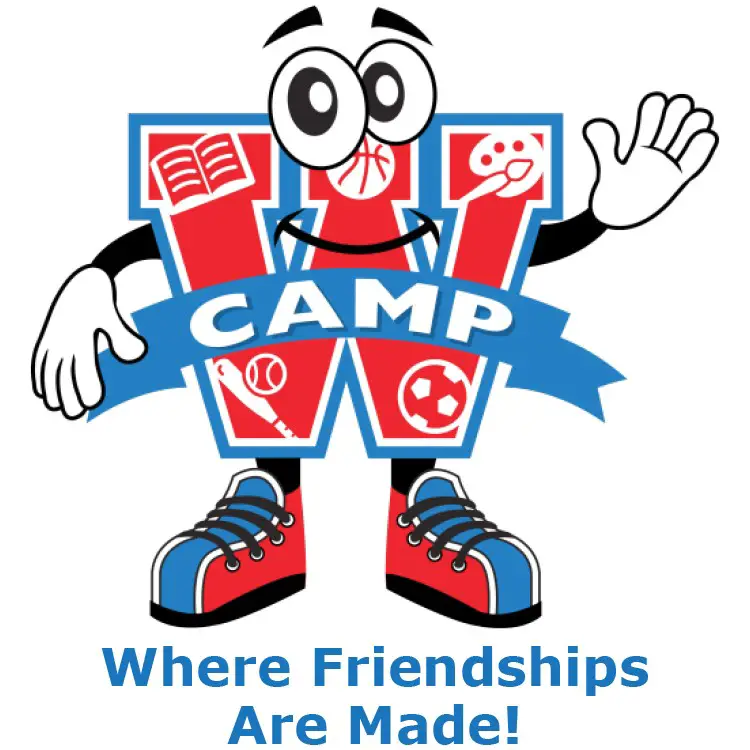
Why Summer Camp is More Important Than Ever This Year
After a year of remote learning and limited social contact, summer camp will help prepare children for a ‘return to normalcy’.
Get can’t-miss family activities sent to you!
Get the Best Family Activities
When “teachable moments” do arise, adults and activity leaders have more difficulty recognizing them or may not have the skills to facilitate them within the protocols and goals of their activity. At camp, staff are encouraged to change or enhance activities and curriculum based on the curiosity and interests of the campers. The best camp group leaders and counselors make early personal connections with campers and build on those throughout the summer through interactions and creative projects they participate in together.
Camp provides children with unstructured creative play time with familiar and unfamiliar peers.
Within the camp setting children will run around, play, and socialize freely with their cohorts. Many activities at camp are structured and pre-planned. However, each day children will also have free time in playgrounds and creative play areas without any direction at all. At Shibley Day Camp, for example, campers of all ages have free time on the fields and courts, on a variety of playgrounds, and in play areas and multiple sandboxes throughout camp.

It’s during these unstructured times that children will have the moments needed to gain, regain, or refine the skills—critical thinking, communication, collaboration, and creativity—that are so important for their future success in life, which have been stifled by the virus this past year.
Camp provides opportunities for kids to experience and express emotions appropriately around others.
When attending summer camp, children encounter new activities filled with challenges they have never faced. They must work with peers to overcome an obstacle or solve a problem. They must use their skills creatively to win games and competitions. At times they have to accept results of a game or contest that may be unfavorable and out of their control.
Every day at camp, an athlete will attempt to bake the best cupcake during a cooking activity, or an artist may have the final at-bat in extra innings for the win or loss. They each will have an opportunity to succeed or fail in something different (and feel and express the emotions that come with succeeding or failing)—experiences they can draw on throughout life and, more specifically, in the fall at school and new activities.
“The development that occurs through camp experiences—including the social-emotional learning environment that camps foster, the myriad of opportunities for physical exercise and growth, and, perhaps most importantly in our current world, the break from screens and technology—is essential,” according to the New York State Camp Directors Association.
In fact, children are likely to take risks and experience failure and success inside the camp environment, where they feel loved, safe, and confident. This will make the fall exponentially more manageable in the same way that experienced overnight campers adjust more quickly when entering college dorms as freshman. They will have real experiences to draw on when new people and environments present themselves.
Don’t miss the opportunity to give your children a head-start this summer. It’s time for new friends, new activities, and new experiences. Are you ready for summer 2021?






.jpg)

